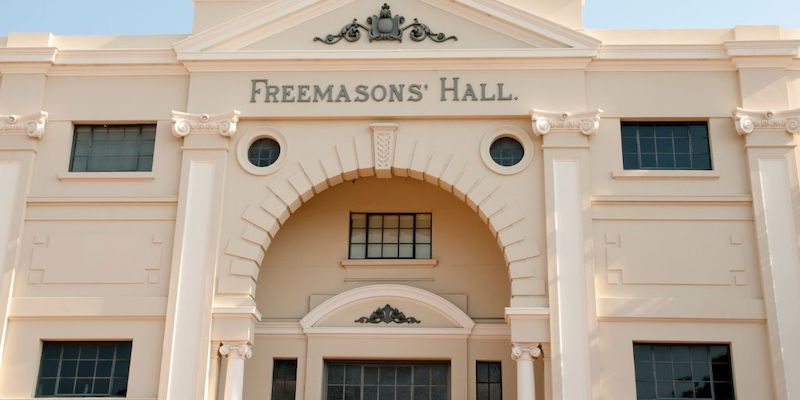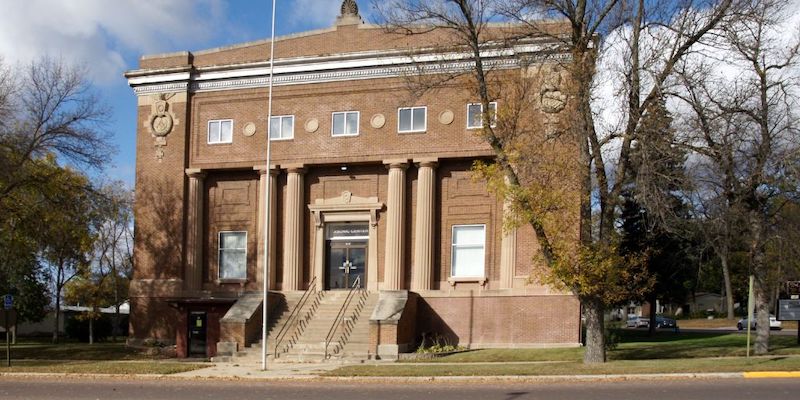Are Masonic Lodges non-profit organizations?
This is a question that has been asked by many people who are curious about the financial structure of Freemasonry.
In the United States, Masonic Lodges are considered non-profit organizations.
According to the Internal Revenue Service (IRS), domestic fraternal societies, orders, or associations operating under the lodge system, do not offer life, sick, accident, or other benefits and devote net earnings exclusively to religious, charitable, scientific, literary, educational, and fraternal purposes.
Therefore, Masonic Lodges meet the criteria to be considered non-profit organizations under the Internal Revenue Code (IRC) section 501(c)(8).
While Masonic Lodges are non-profit organizations, they still need to generate revenue to carry out their charitable work.
They do this through membership dues, donations, and fundraising events. Masonic Lodges are involved in a wide range of charitable activities, including supporting hospitals, schools, and disaster relief efforts.
They also provide scholarships and other forms of financial assistance to individuals in need.

What is a Non-Profit Organization?
Non-profit organizations are entities that are set up to achieve specific social, cultural, educational, or charitable goals.
Unlike for-profit organizations, non-profits are not primarily focused on generating profits for their owners, shareholders, or members.
Instead, non-profits use their resources to carry out their mission and benefit the public.
One of the defining characteristics of non-profits is that they are tax-exempt.
This means that they do not have to pay federal income taxes on the money they receive from donations, grants, or other sources.
In exchange for this tax-exempt status, non-profits are subject to certain regulations and restrictions that are designed to ensure that they operate in the public interest.
Non-profits can take many different forms, including charities, religious organizations, trade associations, and fraternal societies.
Each type of non-profit has its own unique set of rules and regulations that govern its operations and activities.
In general, non-profits are required to use their resources to further their mission and benefit the public.
They must also be transparent about their finances and operations, and they are subject to oversight by government agencies and other watchdog organizations.
Despite these requirements, non-profits play a vital role in society by addressing important social and cultural issues and providing valuable services to the public.
Are Masonic Lodges Non-Profit?

What is a Masonic Lodge?
A Masonic Lodge is a basic organizational unit of Freemasonry.
It is a meeting place for members of the fraternity who come together to perform ceremonies, discuss Masonic philosophy, and plan charitable activities.
Masonic Lodges are typically run by elected officers who are responsible for the administration of the Lodge.
Legal Structure of Masonic Lodges
Masonic Lodges are typically organized as non-profit corporations.
They are governed by a set of bylaws and are required to file annual reports with the state.
The bylaws typically outline the purpose of the Lodge, the qualifications for membership, and the duties of the officers.
The bylaws may also include provisions for the management of the Lodge’s finances and property.
Tax Status of Masonic Lodges
Masonic Lodges are generally tax-exempt organizations under section 501(c)(8) of the Internal Revenue Code.
To qualify for tax-exempt status, a fraternal organization must meet certain requirements, including having a fraternal purpose and operating under the “lodge system.”
This means that the organization must be carrying out its activities under a form of organization that comprises local units, known as lodges.
According to the IRS, a fraternal organization is considered to be operating under the “lodge system” if it is carrying out its activities under a form of organization that comprises local units known as lodges.
The lodges must have a governing body that is elected by the members and must hold regular meetings.
The organization must also be organized for the exclusive benefit of its members and their beneficiaries.
In summary: Masonic Lodges are non-profit organizations that are organized under a set of bylaws and are generally tax-exempt under section 501(c)(8) of the Internal Revenue Code. They operate under the “lodge system” and are governed by elected officers who are responsible for the administration of the Lodge.
How do Masonic Lodges Operate as a non-profit Organization?

As a non-profit organization, Masonic Lodges operate differently from for-profit organizations.
In this section, we will discuss the sources of income for Masonic Lodges, their expenses, and how they report their finances.
Sources of Income for Masonic Lodges
Masonic Lodges are funded through membership dues, donations, and fundraising events.
The membership dues are paid by the members of the Lodge and are used to cover the expenses of the Lodge.
Donations are also an important source of income for Masonic Lodges.
Members and non-members can make donations to the Lodge, and these donations are used to fund charitable activities and cover other expenses.
Additionally, fundraising events such as pancake breakfasts, spaghetti dinners, and charity auctions are organized by Masonic Lodges to raise money.
These events not only raise funds for the Lodge but also provide an opportunity for members to socialize and interact with the community.
Expenses of Masonic Lodges
The expenses of Masonic Lodges include rent, utilities, insurance, and maintenance of the Lodge building.
The Lodge also incurs expenses related to the organization of events and charitable activities. These expenses are covered by membership dues, donations, and fundraising events.
Financial Reporting for Masonic Lodges
Masonic Lodges are required to maintain accurate financial records and report their finances to the Internal Revenue Service (IRS).
They must file an annual Form 990 with the IRS, which provides information on the Lodge’s income, expenses, and activities.
This form is available to the public, and anyone can access it to review the Lodge’s financial information.
The Lodge’s financial records must be kept in accordance with generally accepted accounting principles (GAAP). This ensures that the Lodge’s finances are transparent and can be audited by the IRS or other regulatory agencies.
Based on the information provided, it is clear that Masonic Lodges are not-for-profit organizations.
While they may make a profit from time to time, their net earnings are devoted exclusively to religious, charitable, scientific, literary, educational, and fraternal purposes.
This is in line with the requirements set by the Internal Revenue Code (IRC) section 501(c)(8) for fraternal beneficiary societies, orders, or associations to be exempt from taxes.
Additionally, Masons who are members of a Lodge are expected to uphold certain moral and ethical values and may be expelled if convicted of serious violations of Civil or Masonic law.
Expulsion can only occur from a Grand Lodge, while lesser chapters can expel members from their specific lodges.
Overall, Masonic Lodges serve as social and philanthropic organizations meant to make their members lead more virtuous and socially oriented lives.
While they may have a certain level of secrecy and mystique surrounding them, they are ultimately committed to serving their communities and promoting positive values and principles.